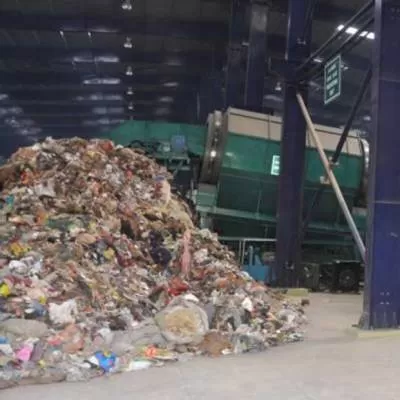

The Supreme Court of India expressed deep concern over the staggering amount of solid municipal waste going unprocessed in Delhi, amounting to 3000 tonnes. This revelation has raised serious questions about the capital's waste management infrastructure and its environmental impact.
Delhi, one of the most populous cities in the world, grapples with significant challenges in managing its municipal waste. The court's remarks come as a wake-up call to authorities and residents alike, highlighting the urgency of addressing the issue to prevent further environmental degradation and public health risks.
The unprocessed waste poses a severe threat to the environment, as it contributes to air and water pollution, soil contamination, and the proliferation of diseases. Additionally, the accumulation of waste in landfills exacerbates the already dire situation, leading to increased greenhouse gas emissions and environmental degradation.
Despite various initiatives and policies aimed at improving waste management practices, the reality on the ground paints a grim picture. The inefficiency and inadequacy of existing systems have led to a significant backlog of unprocessed waste, further exacerbating the city's environmental woes.
The Supreme Court's intervention underscores the need for immediate action and accountability in addressing Delhi's waste management crisis. It calls upon government agencies, municipal authorities, and citizens to collaborate closely to implement effective waste management solutions and prevent further deterioration of the city's environment.
Key stakeholders must prioritise investments in infrastructure, technology, and education to modernise waste management practices and promote sustainable living habits. Innovative approaches such as waste segregation at source, recycling initiatives, and composting programmes can significantly reduce the volume of unprocessed waste and mitigate its harmful effects on the environment.
Moreover, stringent enforcement of waste management regulations and penalties for non-compliance are essential to ensure accountability and foster a culture of responsible waste disposal among residents and businesses. Public awareness campaigns and community engagement efforts can also play a vital role in promoting behavioural change and fostering a sense of collective responsibility towards environmental stewardship.
In conclusion, the Supreme Court's admonition regarding the alarming amount of unprocessed municipal waste in Delhi serves as a stark reminder of the urgent need for action to address the city's waste management crisis. By adopting holistic and sustainable approaches, Delhi can pave the way towards a cleaner, healthier, and more resilient future for its residents and the environment.